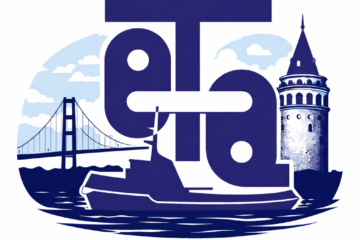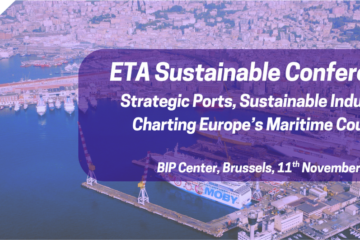The European Commission presented a set of legislative proposals to update the EU rules on maritime safety and prevent water pollution. These initiatives will align EU rules with international regulations and improve the cooperation and information-sharing between flag States, while strengthening the implementation and enforcement through digital tools and a new mandate for the European Maritime Safety Agency (EMSA). The Agency will play a prominent role in the implementation of this new legislation.
The legislative package includes the following initiatives:
- A Directive on port State control, which will update the current legislation to cover additional international rules, such as new Conventions on ballast water and sediments and removal of wrecks. The proposal also updates the way ships are targeted for inspection in order to reflect new requirements.
- A Directive on the investigation of accidents in the maritime transport sector, which shall extend its scope to fishing vessels. The proposal aims to foster the digitalization of maritime accidents investigation and the uptake of electronic certificates. This transition to digital means will be supported by EMSA’s IT systems and databases. Moreover, the Agency will organize a pool of experts of different disciplines that will support national authorities and EMSA in this kind of investigations, as well as specialised tools and equipment.
- A new Directive on requirements for flag State inspections, which shall be aligned with international rules. The proposal sets up a series of measures involving EMSA and the national authorities that will enhance the cooperation and standards in safety and environmental controls. For example, the Directive proposal foresees the organization of new specific trainings and the elimination of obstacles to information sharing between Member States.
- New measures to prevent illegal discharges into European seas. The EC aims with a new Directive to align EU rules with international regulations and to extend the scope of EU rules, so they can cover a wider range of polluting substances. For example, the EC proposes to also include in this legislation discharges of sewage, garbage, as well as discharge waters and residues from scrubbers. The proposal establishes as well, a new legal framework for penalties with minimum criteria for the effective application of administrative penalties.



0 Comments